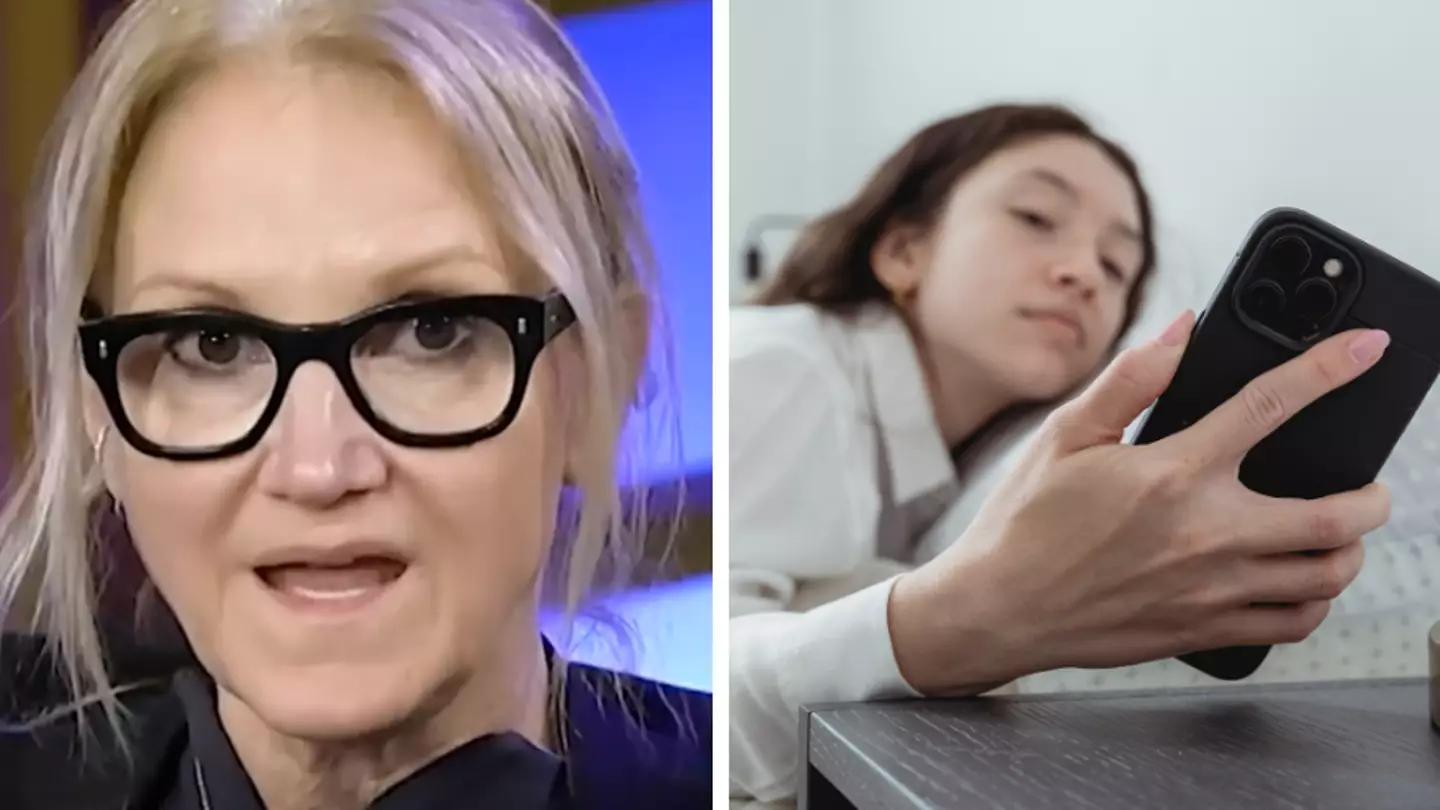
It's something we're all guilty of doing early in the morning - hitting that blissful snooze button.
And while it may seem like the most harmless - and comfortable - thing in the world, it turns out that hitting the snooze button several times in the morning is perhaps one of the worst ways to start your day.
But why exactly is that?
Advert
Well, Mel Robbins - an author best known for her her TEDx talk 'How to Stop Screwing Yourself Over' - has taken a deep-dive into the science behind snoozing in the morning and how it can disorient your entire morning. Take a listen:
The lawyer-turned-podcaster explained in an episode of her series, The Mel Robbins Podcast, how hitting the snooze button results in something called sleep inertia.
As the CDC explain, sleep inertia is a temporary disorientation and decline in performance and/or mood after awakening from sleep.
Advert
Robbins explains how when you hit the snooze button, "you're awake, and as the alarm turns off, your brain then drifts back into sleep."
She adds: "And here's the thing researchers have figured out, when you drift back to sleep after you've woken up, your brain starts a sleep cycle."

To put that into context, a normal sleep cycle in an adult takes between 90 - 110 minutes to complete, according to the National Institutes of Health.
Advert
"So when that alarm goes off again in nine minutes, and you're like 'oh my god!', have you ever noticed you're like, in deep sleep when you drift back to sleep?" Robbins ponders.
This is because you're technically nine minutes into a sleep cycle, which, as we now know, averages around 90 minutes.
"That groggy, exhausted feeling that you have... that's not a function of how well you slept," Robbins says.
"That's you and me being an idiot for hitting the snooze button and putting our brain in a state of sleep inertia. And it takes your brain around four hours to get through that groggy-ass feeling."

Well, that's certainly that Monday morning feeling explained!
Advert
People are stunned to hear the science behind the snooze button, with one commenting on TikTok: "Damn I guess I gotta change my snooze to 75 mins then."
And another said: "My relationship with the snooze button is OVER."
While someone pointed out: "Ohhh I didn’t know this! I always wondered why I was so groggy in the mornings even after getting a full nights rest!!"
So it looks like our toxic relationship with the snooze button is officially over...
Featured Image Credit: TikTok / @melrobbins/ Pexels